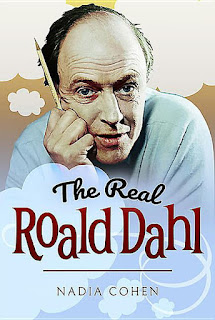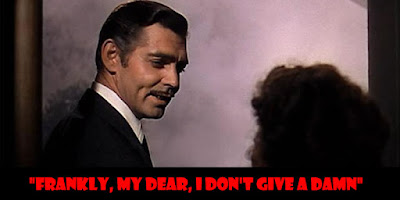Others write about the best books of the year. I choose to focus on other superlatives when remembering my year of reading. Here are my choices for 2023.
Most Enchanting Book: Ghost Forest by Pik-Shuen Fung enchants less for its story — about a Chinese woman's growing relationship with her dying father — than for the way the author tells her story, using few words and lots of white space. Sometimes less really is more.
Most Important Book: "I Talk to the Trees" is a song from Paint Your Wagon. In The Power of Trees, Peter Wohlleben argues that we should let the trees talk to us. We might learn something about saving the planet.
Most Daunting Book: I tried reading Charles Dickens's massive classic Bleak House while I was in college. This year I finally read it through, and with pleasure.
Wisest Book: In Letter to the American Church, Eric Metaxas compares the American church today to the German church in the 1930s, too reluctant to speak out against the social and political changes that threaten our culture.
Most Familiar Book: This year I reread Bel Kaufman's Up the Down Staircase, which raised a stir back in the 1960s. It still seems innovative and still gives pleasure.
Most Incomprehensible Book: Michio Kaku wrote Physics of the Impossible for the common reader, but it's still physics and much of it I found incomprehensible. Yet I loved the book.
Most Beautiful Book: There are many contenders for this prize, but I give it to Charlotte McConaghy's Once There Were Wolves, which is about a woman's attempt to reintroduce wolves to the Scottish Highlands and then becoming involved in a murder case.
Most Fearless Book: I described Cleaning Nabokov's House as a Cinderella story yet Cinderella didn't run a whorehouse. Author Leslie Daniels showed some guts,
Most Surprising Book: Steven Johnson surprised me in How We Got to Now by pointing out, to cite one example, how the telephone made skyscrapers possible.
Most Unpleasant Book: I found Mark Twain's racist comments in Following the Equator most unpleasant.
Most Luminous Book: I expected to like Karen Fowler's We Are All Completely Beside Ourselves because I enjoyed her other novels, but I didn't expect to love it as much as I do. It's wonderful.





































